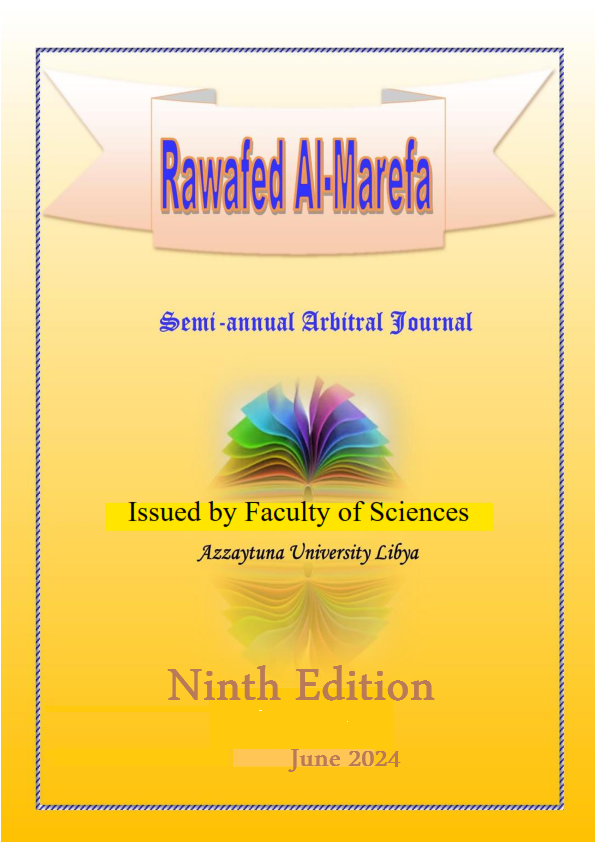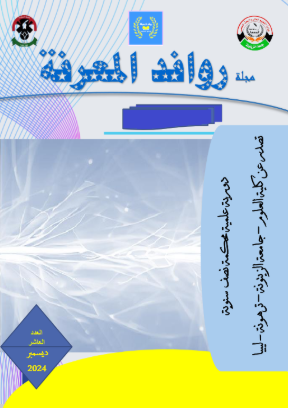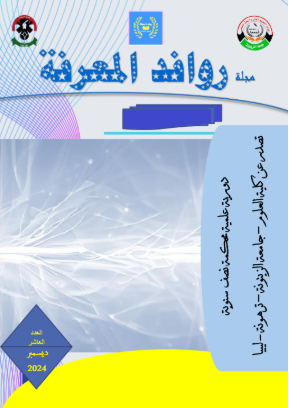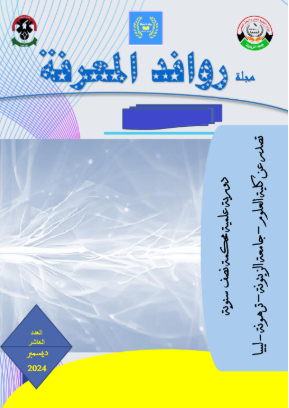Factors affecting the performance of secondary schools in Libya.

This study aims to identify and understand factors affecting the performance of secondary schools in
Libya, as well as examining the state strategies put in place in order to develop and enhance the
performance of secondary schools. Additionally, this study seeks to understand the role of the state in
offering the teaching aids, good curriculums, textbook, training of teachers, and administrates laboratories
and makes information communication technology available for students and staff.
qualitative data were collected through semi-structured interviews with, fourteen members of teaching
staff in secondary schools in Tajoura, Libya. Questions of study: the interview questions: the participants
were asked to specify the main factors affecting the performance of secondary schools, and to identify the
barriers and benefits how to overcome these barriers. Place and duration of study: secondary schools in
Tajoura, November 2019.
a semi–structure interview was used to elicit data from fourteen participants. The interviews included a
number of staff: Eight teachers, four administrators, and two managers of secondary schools in district of
Tajoura. Results: findings from study show that most participants confirmed the importance of qualified
teachers and referred to the need to determine the number of students in the classroom, while some of
them referred to the need for refresher courses for teachers on the curriculum prior to their
implementation, moreover, most participants believed that they needed more skills training and suffering
of unavailable information and communication technology for students and staff in secondary schools.
Copyright (c) 2024 Rawafed Almarefa Journal

This work is licensed under a Creative Commons Attribution-NonCommercial-NoDerivatives 4.0 International License.
All articles published in Rawafed Almarefa Journal for Natural and Applied Sciences are licensed under the Creative Commons Attribution-NonCommercial-NoDerivatives 4.0 International License (CC BY-NC-ND 4.0).
This license allows others to download and share the published work provided they credit the journal and the authors, but they may not change the content in any way or use it commercially.
The copyright for published articles remains jointly held by the journal and the author(s).
For more information, please visit:
https://creativecommons.org/licenses/by-nc-nd/4.0/










